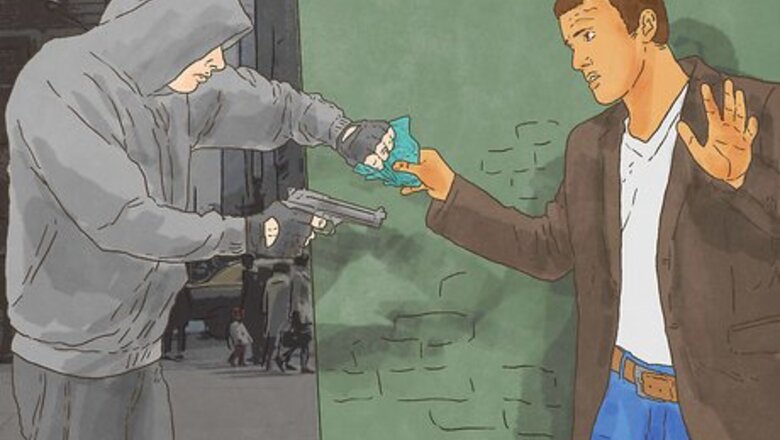
views
Arrive safe
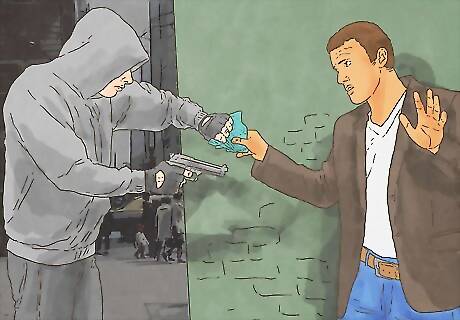
Be aware that tourists can be targets of crime. Safety begins before you depart by leaving prepared. Know where you are going to stay before you depart and know how you intend to get there. Loitering tourists have been victims of crime near travel facilities.
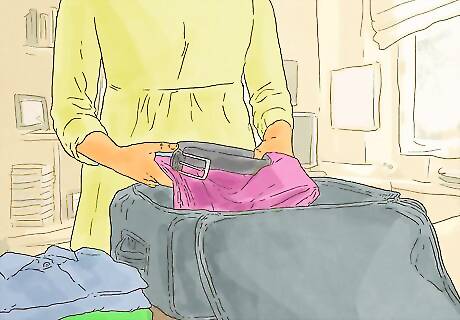
Pack your bags carefully and ensure they are secure before checking in for your flight. South African airports have a reputation for luggage tampering and theft, as can be seen in news reports. It is sensible to use tamper evident seals to check if your luggage is intact upon arrival.
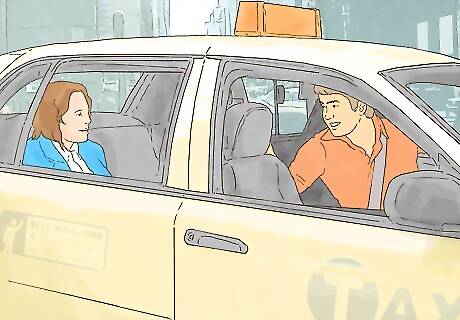
Do not accept offers of transport from anyone who is not authorised to offer transportation to the public. Offers of car transport should only be accepted from airport counters or a staffed taxi rank/marked vehicles. Book your transport in advance, this is safer than using unlicensed taxis.
Avoiding crime
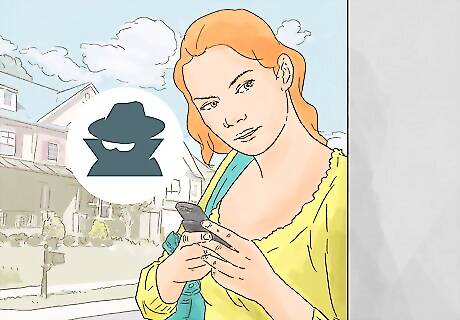
Avoid visiting places that are known crime hotspots. Ask your hotel or guest house concierge or other trusted people where it is safe to go and to warn you of places to keep away from. Cape Town, in particular, is a very common destination for tourists. There are many safe zones within Cape Town however, you should always remain on your guard as scams are common. It is also recommended that you avoid venturing to places within the city outskirts, as some of these suburbs are known to be quite dodgy. Some important things to keep in mind include: Avoid going anywhere that is isolated, that is known for drugs, gang violence, etc. (ask so that you're aware!). Don't go into the central business areas of main cities at night. Always take taxis at night.
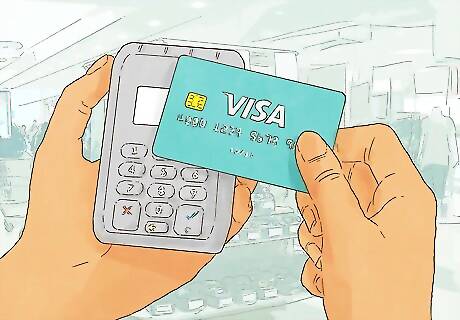
Be cautious when using electronic payment systems. As with most places, it is important to take sensible precautions when using ATMs and credit cards. Keep your PIN covered whenever using an ATM. Use ATM's that are in well-lit areas and not isolated. If people try crowding around you, leave that ATM and find another one. If there is any commotion at the ATM, leave, or suggest that people seek help from the bank - con artists can try any sort of distraction to part you from your money. Don't let any payment by credit be made out of your sight. If a merchant tries to do this, demand the card back immediately and either find cash or don't proceed with the transaction. If it is a restaurant, go up to the payment counter and insist on seeing the transaction being performed. If you're worried that your card is compromised, contact your card provider immediately.

Take the standard travel precautions for not looking like a tourist: Don't flaunt your valuables. Leave the expensive jewellery at home, avoid accessories or bags that are too flashy. Lonely Planet even recommends not wearing watches, no matter how inexpensive. Place all valuables and your passport in the hotel safety deposit box. Even then, place items inside sealed envelopes or lockable containers to prevent staff theft. Dress down. Speak quietly. Don't attract unwanted attention by being overly loud or brash. Avoid looking at your guidebook or map in the open. Duck into a shop or café to review where you're heading, as this will make you appear less vulnerable to any potential thieves who would take advantage of the fact you're new in town. Keep bags well-held, never wear a wallet in your back pocket, and avoid carrying too much cash on you. Wear money pouches hidden well under your clothing if you need to carry a lot of cash, and put cash in separate areas so that if a potential mugger found one lot of cash; they won't think you've more stashed in your other pocket, for example. Keep cameras in your shoulder bag rather than around your neck.
Walking around

Ask advice from a member of the community about the areas that you intend to visit. Ask friends, hoteliers, concierges, retailers in shopping centres, etc., where it is safe to walk and visit. Local knowledge is always preferable to even that in guidebooks, so don't be shy. Be careful, however, not to ask a stranger straight off the street. See if it is possible to go with someone who is knowledgeable about the area you want to go to if you are afraid of getting lost.
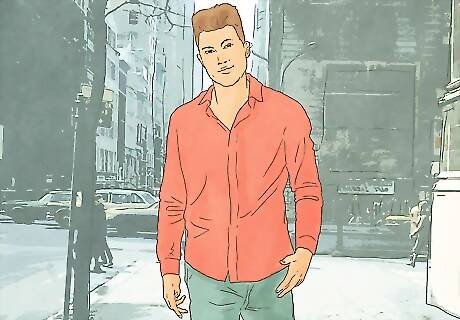
Avoid walking anywhere that is isolated. Use common sense. If something doesn't feel right, don't go there, or leave quickly if you are there already. SA Places recommends that you talk to the local people before walking into the very isolated areas of Kwazulu-Natal and the the Wild Coast of Transkei on your own.
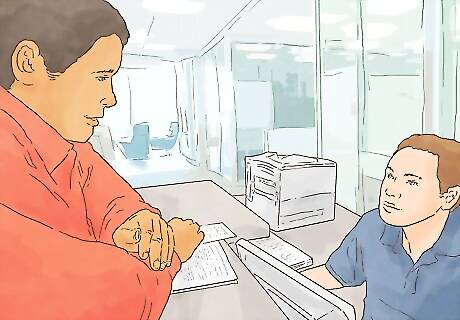
Have the most up-to-date maps and information. Ask for copies of recent maps from the hotel or guest house.
Car hire and car travel

When hiring a car, ask for one that has a GPS installed. If you bring your own, make sure that it has current South African maps on it.
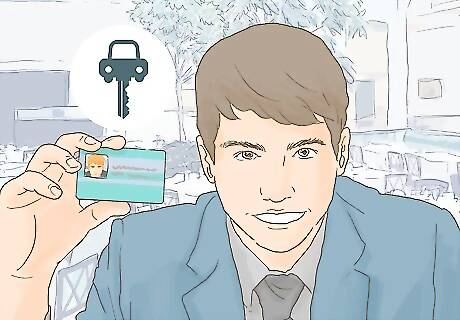
Keep your driving licence with you at all times when driving. This is a requirement under South African law.
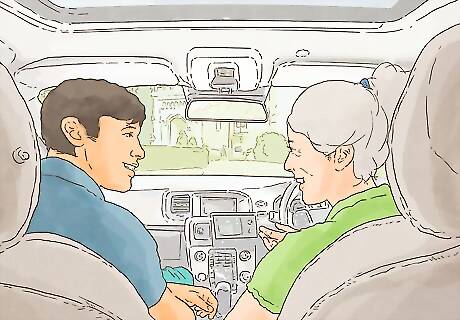
Be ready for driving on the left-hand side. If you're from a country which drives on the right-hand side, it can be a challenge to switch driving sides and requires constant vigilance. This means not driving when you are tired, as you are more likely to lapse into driving the way that feels most natural to you. It also takes time to learn the rhythm of how people drive in another country, so be wary at all times, including being prepared for suddenly stopping vehicles, such as minibus taxis. Watch for aggressive driving. Gary Ronald, spokesman for the Automobile Association of South Africa, says that aggressive driving in South Africa can intimidate people who are not used to it.

Keep to roads that are well signposted and that are in good condition. If you try to drive on roads with potholes and poorly sealed surfaces, damage to the car could leave you stranded and vulnerable. For long journeys, plan your route in advance, and be sure that the car is in good working order, and that you have adequate fuel and cash.
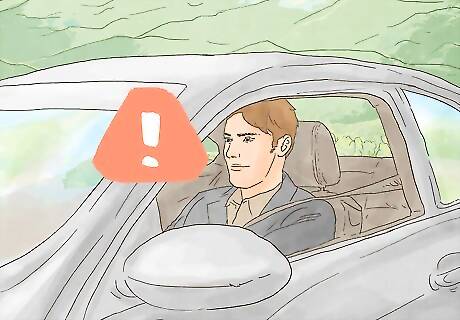
Follow standard car crime reduction basics: Keep valuables out of sight at all times, including when you're in the car. Items such as cameras, handbags, iPods, laptops, parcels etc, should be kept in the boot of the car. When driving through a downtown area that is crowded, keep the car windows closed and all the doors locked. This will prevent anyone from attempting to reach in when you're waiting at traffic lights, etc. Don't give lifts to strangers. Lock car doors when you park. Park in well-lit areas and set the alarm if you have one. If you get lost, ask a police or traffic officer for directions.
Caring for your health

Be sure to purchase health insurance cover before leaving your own country. You should find out the details from your personal provider. Some credit cards will cover certain travel insurance.
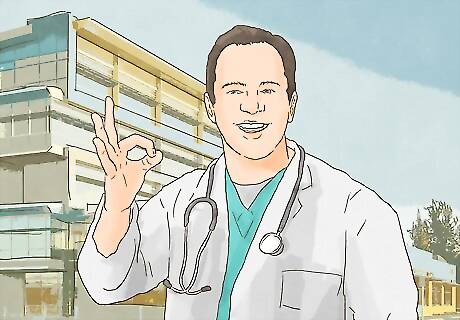
Try to use private hospitals over public hospitals if you need to use a hospital. You won't wait as long, the staff will be attentive and the standards are high. Pharmacies are well stocked in major centres.
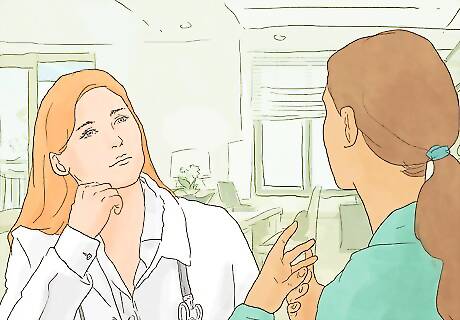
Ask your doctor's advice for your own health needs before leaving. Unless you are coming from another African country, you won't need any specific vaccinations; tropical disease concerns are not generally an issue in South Africa. However, malaria is a major health issue in some parts of South Africa (Kruger National Park, some areas in Mpumalanga, Limpopo, and northern KwaZulu-Natal), dependent on season, climate, and location. There is no risk of malaria in the major cities. Speak to your doctor or health clinic about the necessity of taking appropriate precautions - the advice is constantly updated. Moreover, it is standard good travel practice to have tetanus, typhoid, and hepatitis A shots up-to-date.
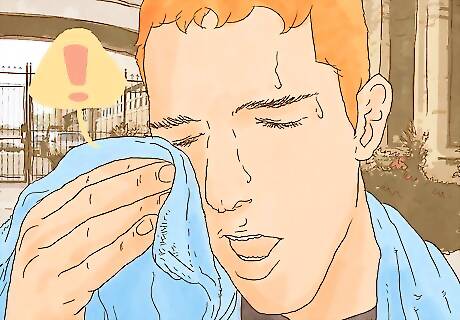
Beware the South African sun. It's hot and a lot of tourists don't realize this until the sunburn sets in. Wear a hat, adequate clothing, and use sunscreen and sunglasses to protect yourself during the heat of the day.
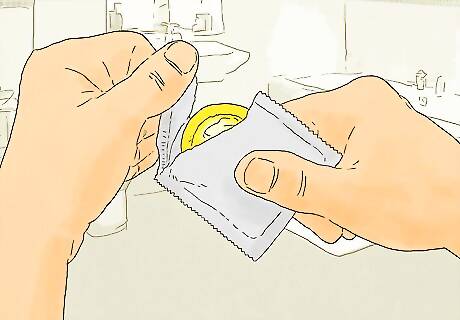
Practice safe sex measures. South Africa has one of the highest HIV infection rates in the world. Take appropriate precautions and do not share needles or injections.
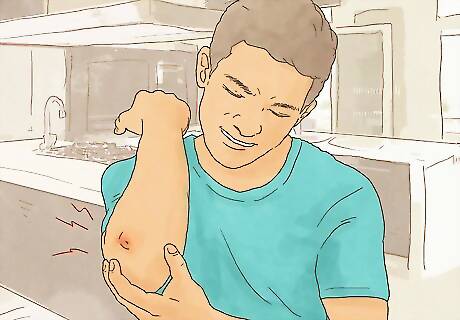
If you are undertaking outdoor activities, such as hiking and camping, be aware that there are the usual outdoor concerns: Tick bites can bring on tick fever - take care when walking through long grass and pull them off or use grease to remove them Rabies is present, especially in dogs - seek immediate medical help if bitten Snakes are present although usually not a problem Shake wood before using to remove scorpions and spiders - their bites are painful but rarely lethal Malaria - see discussion above Water is generally safe to drink from taps except in rural or informal areas but do not drink water straight from rivers or streams, especially those downstream from cities and other human settlements Hospital and medical facilities away from urban areas are not always available or of good quality.



















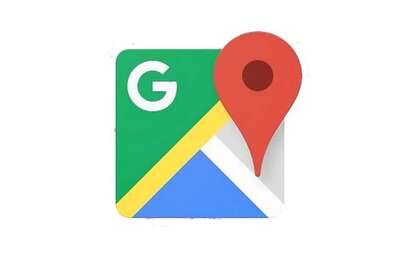
Comments
0 comment